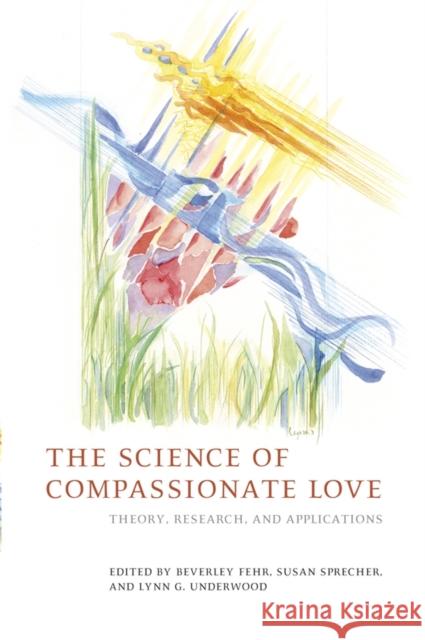The Science of Compassionate Love: Theory, Research, and Applications » książka
topmenu
The Science of Compassionate Love: Theory, Research, and Applications
ISBN-13: 9781405153942 / Angielski / Miękka / 2008 / 488 str.
The Science of Compassionate Love is an interdisciplinary volume that presents cutting-edge scholarship on the topics of altruism and compassionate love. The book
- Adopts a social science approach to understanding compassionate love
- Emphasizes positive features of social interaction
- Encourages the appropriate expression of compassionate love both to those in intimate relationships and to strangers
- Includes articles by distinguished contributors from the fields of Psychology, Sociology, Communication Studies, Family Studies, Epidemiology, Medicine and Nursing
- Is ideal for workshops on compassionate love, Positive Psychology, and creating constructive interactions between health professionals and patients











